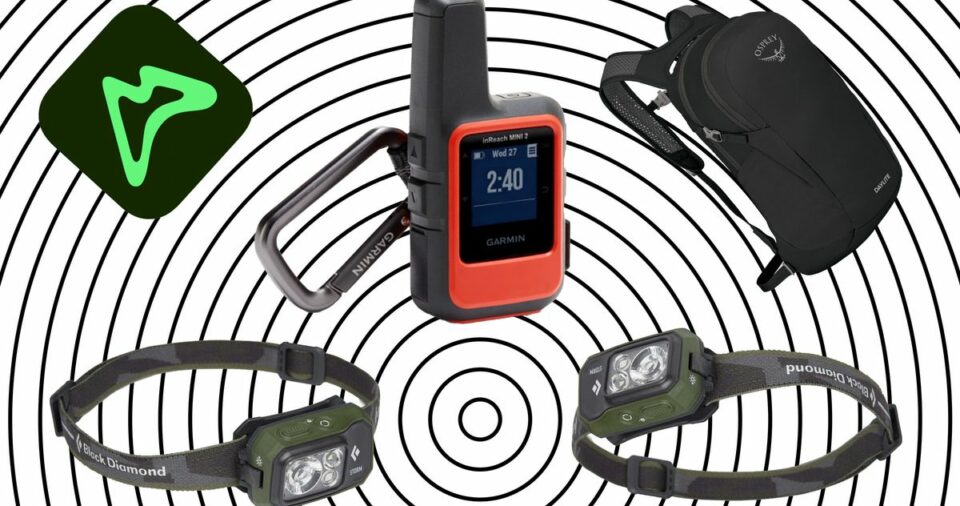[ad_1]
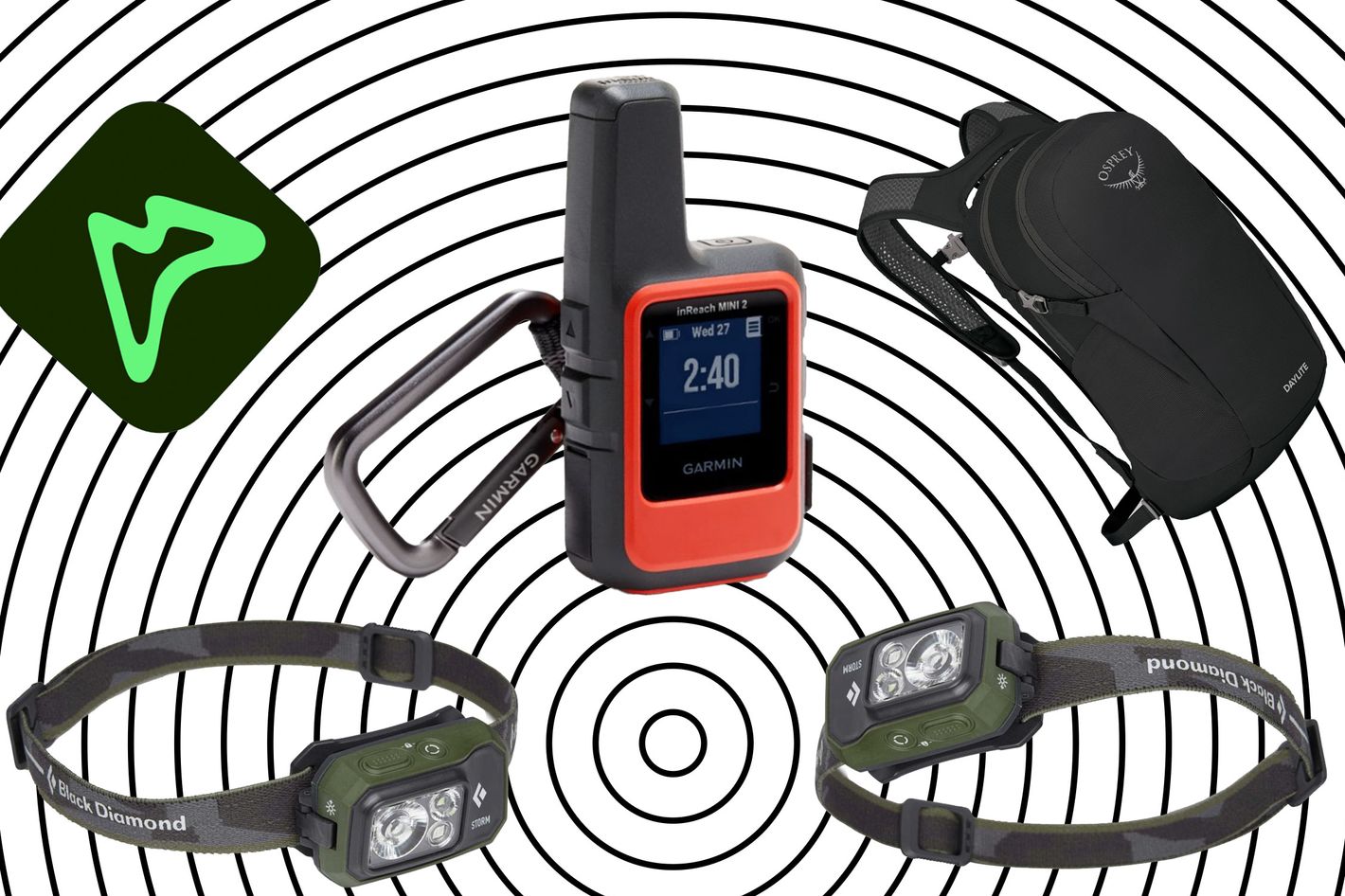
For more of the Cut’s favorite fashion, beauty, and home finds, sign up for the weekly Cut Shop Newsletter.
My favorite spring break in college was when I was studying abroad in Australia, and my close friends and I decided to opt for a week of camping in New Zealand. I had been hiking before, but this was what made me fall in love with it.
As I returned to New York, though, my city lifestyle and city friends got the best of me, and I rarely ever hit the great trails that are just a train ride away. What a waste! I know I don’t need to go with friends, but honestly, I’m scared to go hiking alone, and I don’t know where to start when it comes to doing it safely and as a woman. So I decided to speak with some avid hikers and learn a few tips to get me (and anybody who wants to hike solo) out on the trails, safe and sound.
So, you want to hike solo? Here’s what you need to know:
➼ Share your location
➼ Know your limits
➼ Get on the apps
➼ Carry a kit
➼ What you will need to safely hit the trails
➼ Our experts
Share your location
Kylie Yang, a member of Hikerkind who’s backpacked over 1,000 miles, says the first thing to do is share your plans with a friend or family member. “I always leave them with where my car is parked (and if we’re not taking my car, who has driven and what their car and license plate is), what trailhead I’m starting from, my turnaround point or stopping point for the night, a map, and link to the hike I’m doing. Plus, a time when they should expect to hear from me by,” she says. You want your designated location people to know as much information as possible.
Know your limits
Tami Brooks, a freelance writer and hiker, says her first tips are to trust your gut and know your limits. First time hiking? Maybe start small and don’t go on the hard trail. Are you under the weather? Take more breaks than usual. No matter how in shape you are, trail miles are more difficult than street or track miles, so don’t overestimate and don’t be too hard on yourself. It’s also important to trust your intuition on a trail. If something feels off, like the trail seems eerily deserted or is overgrown or icy, listen to your feelings and turn around.
Get on the apps
No, not the dating apps. To tackle the above, Brooks recommends using the app AllTrails, which offers difficulty levels, mileage, and trail reports for nearly every single trail worldwide. Knowing what to expect makes preparation that much easier, but it also provides a way to properly plan for the mileage and elevation, and to share your plan with others.
Carry a kit
Lea Dawn Hart, another Hikerkind ambassador, recommends always carrying a pack with your essentials. Even when the trip goes as planned, you will have that extra peace of mind. Yes, that means having proper hiking attire like thick boots, a hat, protective layers, and lots of sunscreen. But there’s also some items that will provide an optimal (and safe) experience.
Below, everything else you should pack to safely hit the trails.
Here’s what you will need to safely hit the trails
A satellite communicator
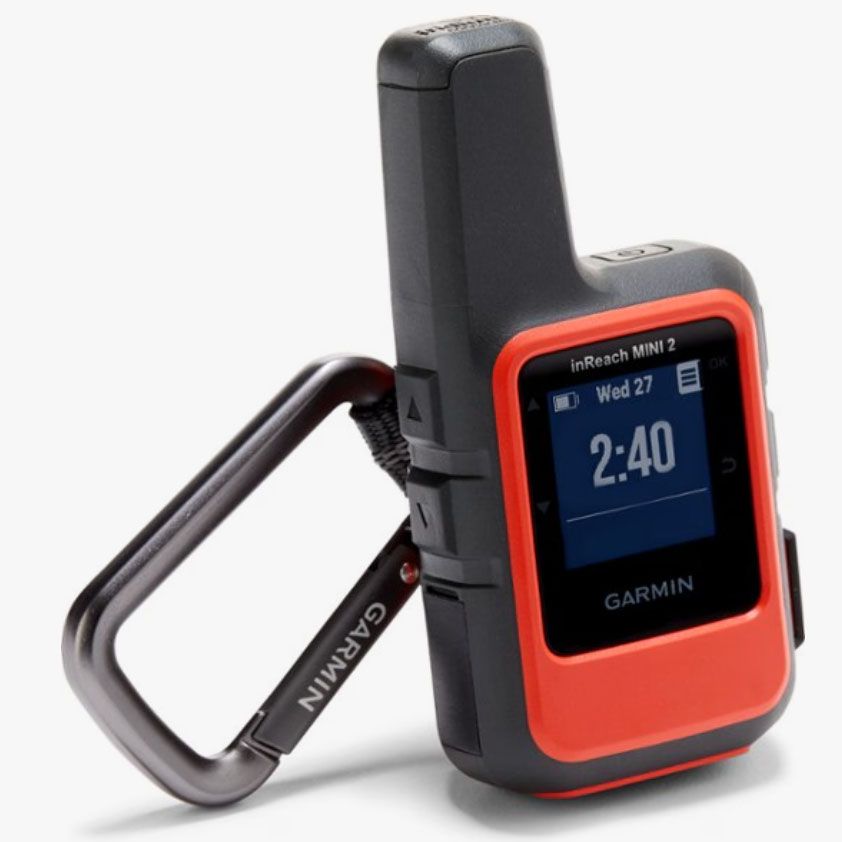
Garmin inReach Mini 2
All three experts recommend this satellite communicator to communicate with others when you don’t have cell service. It always has service, and it has a long-lasting battery life (we’re talking days), a dedicated SOS button, and a routing service that will track you back to your starting point.
$400 at Amazon
$400 at REI
A headlamp
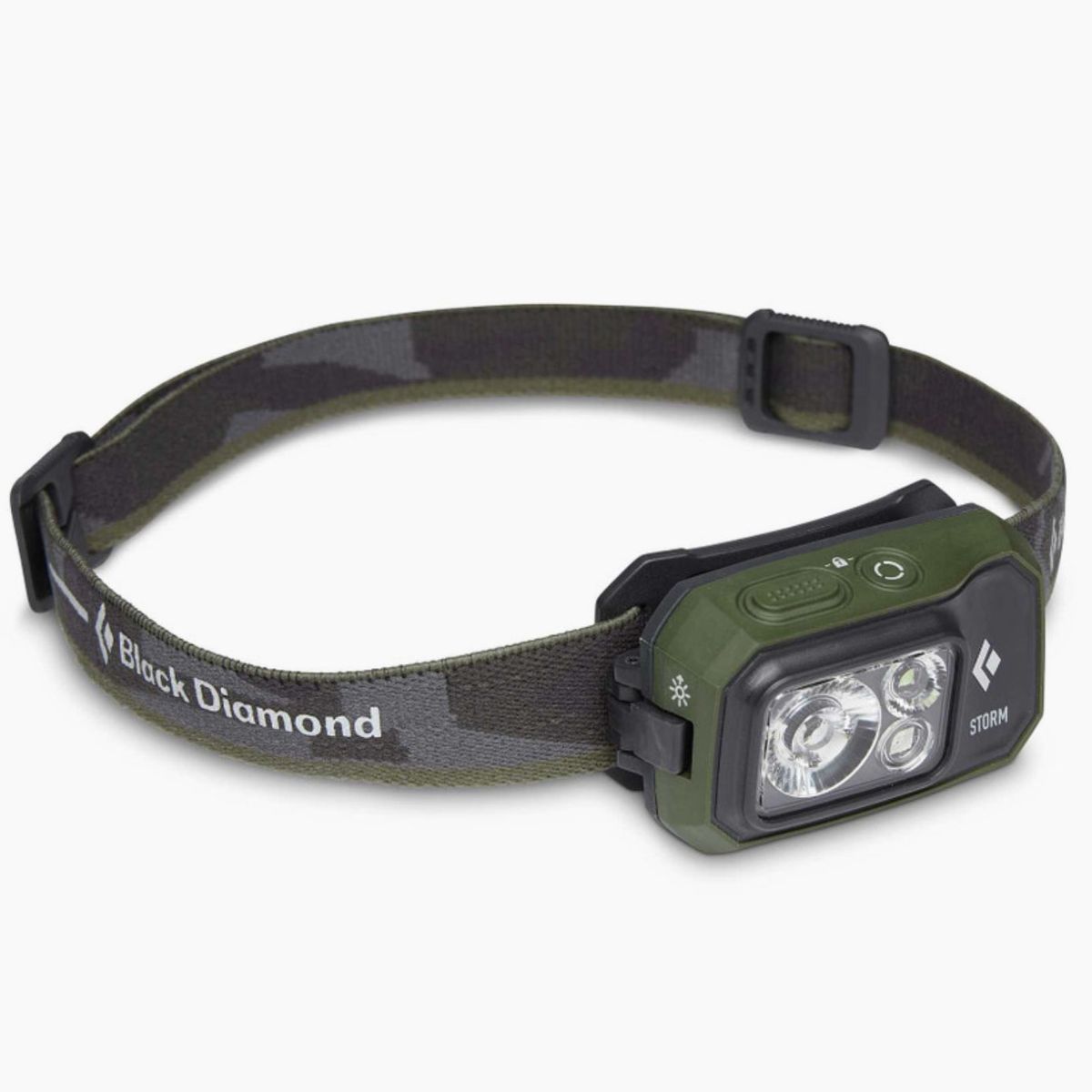
Storm 450 Headlamp
You don’t have to keep your phone in hand to see where you’re going with this headlamp. It features multiple brightnesses, it’s waterproof, and — the best part — it’s hands-off.
$60 at Amazon
$60 at Black Diamond
Extra layers
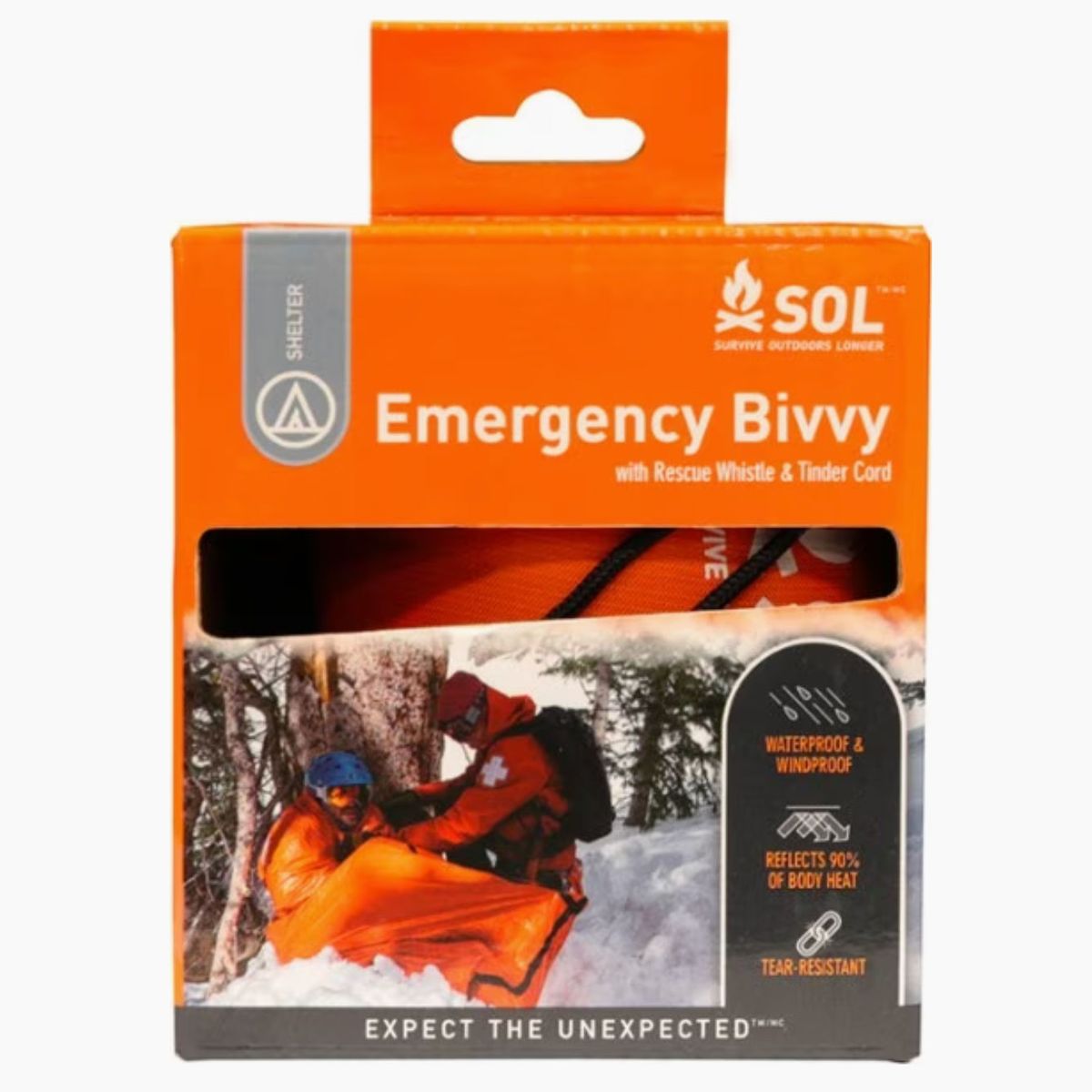
SOL Emergency Bivvy with Rescue Whistle and Tinder Cord
All of our experts recommend having layers, especially since the weather can change fast when you’re at an altitude or if nightfall hits. If you don’t want to carry extra clothes, opt for a bivvy. This one is lightweight, windproof, and waterproof, and it reflects over 90 percent of your body heat back to you.
$20 at REI
$20 at Dick’s Sporting Goods
A water filter
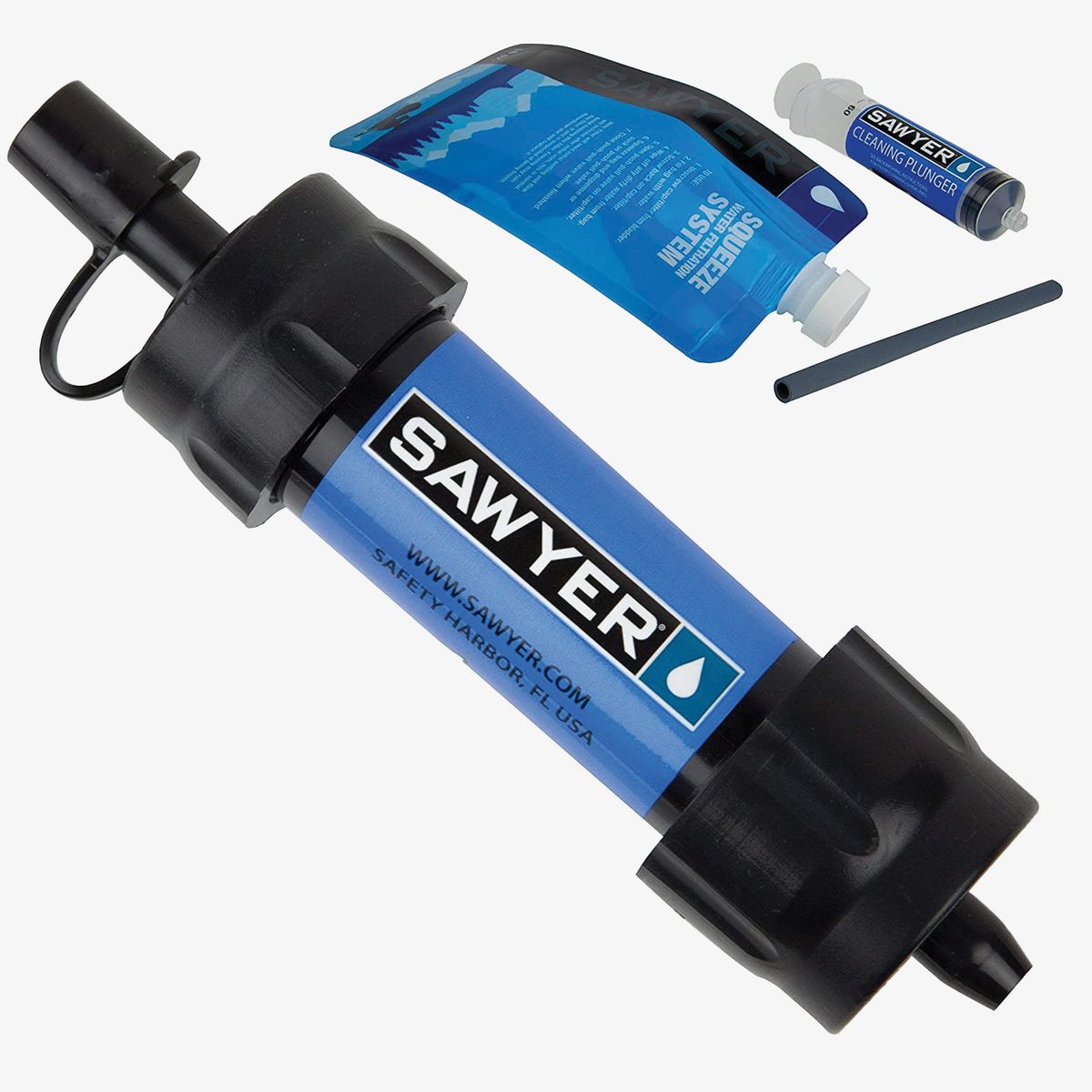
Sawyer Mini Water-Filtration System
You should always bring plenty of snacks and water on the trail, but Yang also recommends this mini filtration system since it’s easy to use.
$30 at Amazon
A portable charger
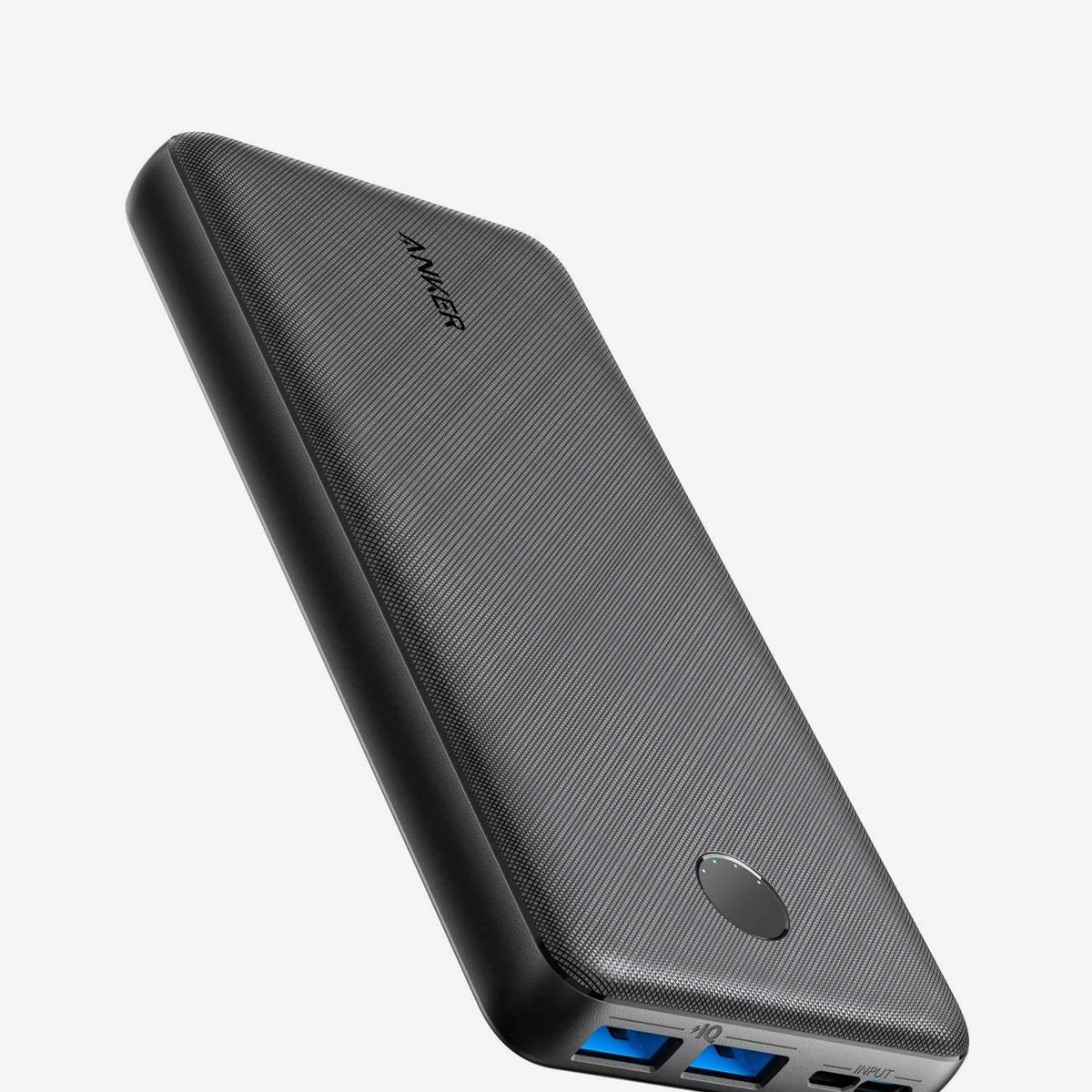
Anker Portable Charger PowerCore Essential 20000mAh Power Bank
This charger provides more than five charges for your phone and can be used to charge your headlamp or whatever else you may need.
$60 at Amazon
A light, comfortable pack
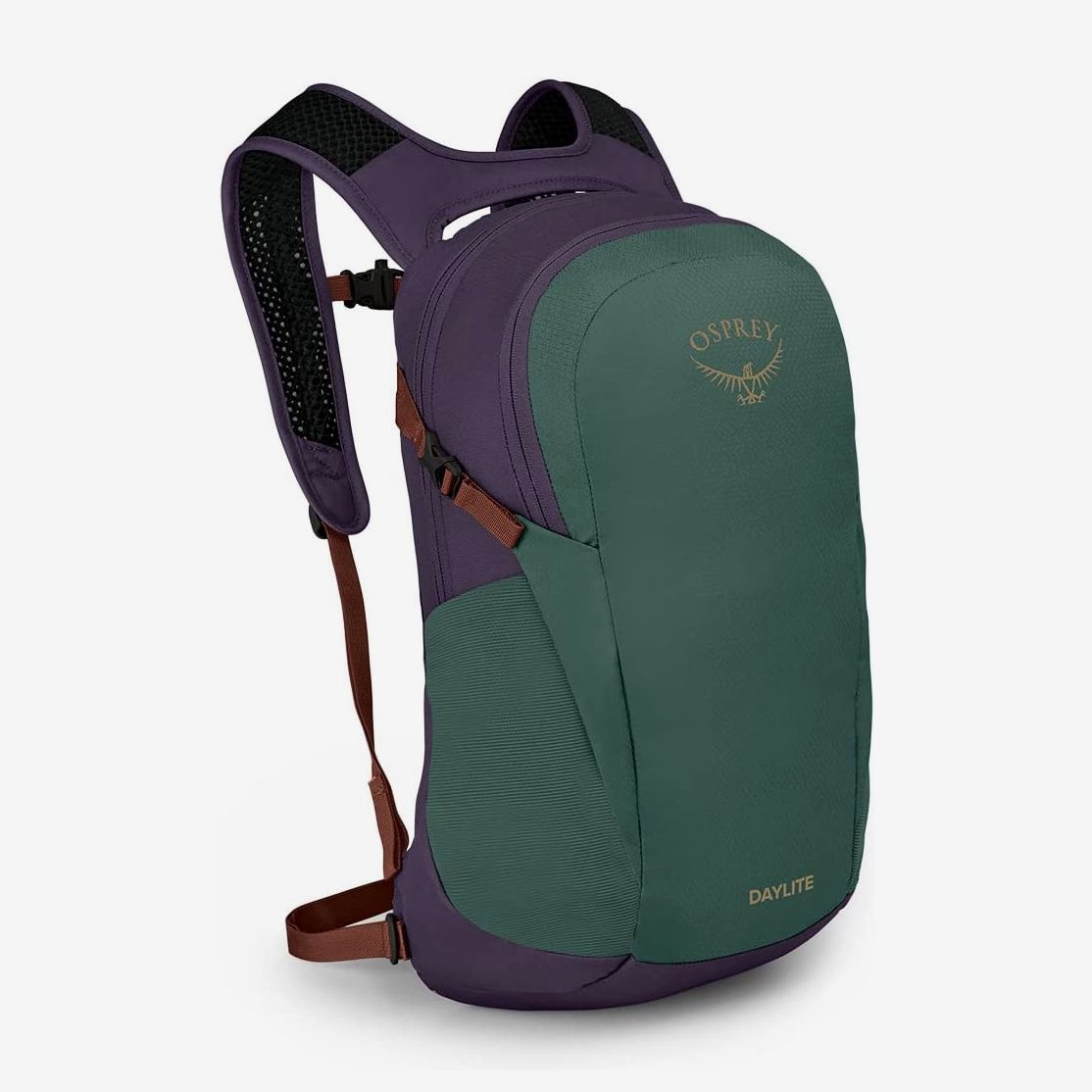
Osprey 13L Daylite Pack
Having a comfortable place to carry everything is important. I love Osprey packs. They’re durable and light, and this day pack is the perfect size for everything you need.
$65 at Amazon
$65 at REI
A way to light a fire
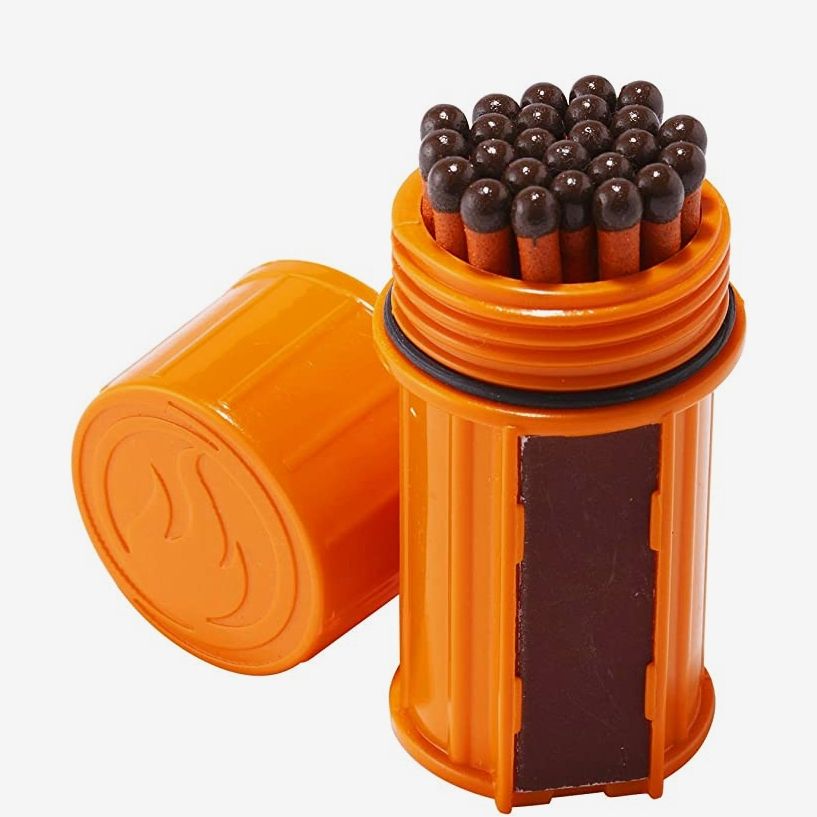
UCO Stormproof Matches
I would have never thought of stormproof matches, but these are waterproof and windproof. They’ll make sure you find a way to get a fire.
$9 at Amazon
$15 at Walmart
$12 at Ace Hardware
A first aid kit
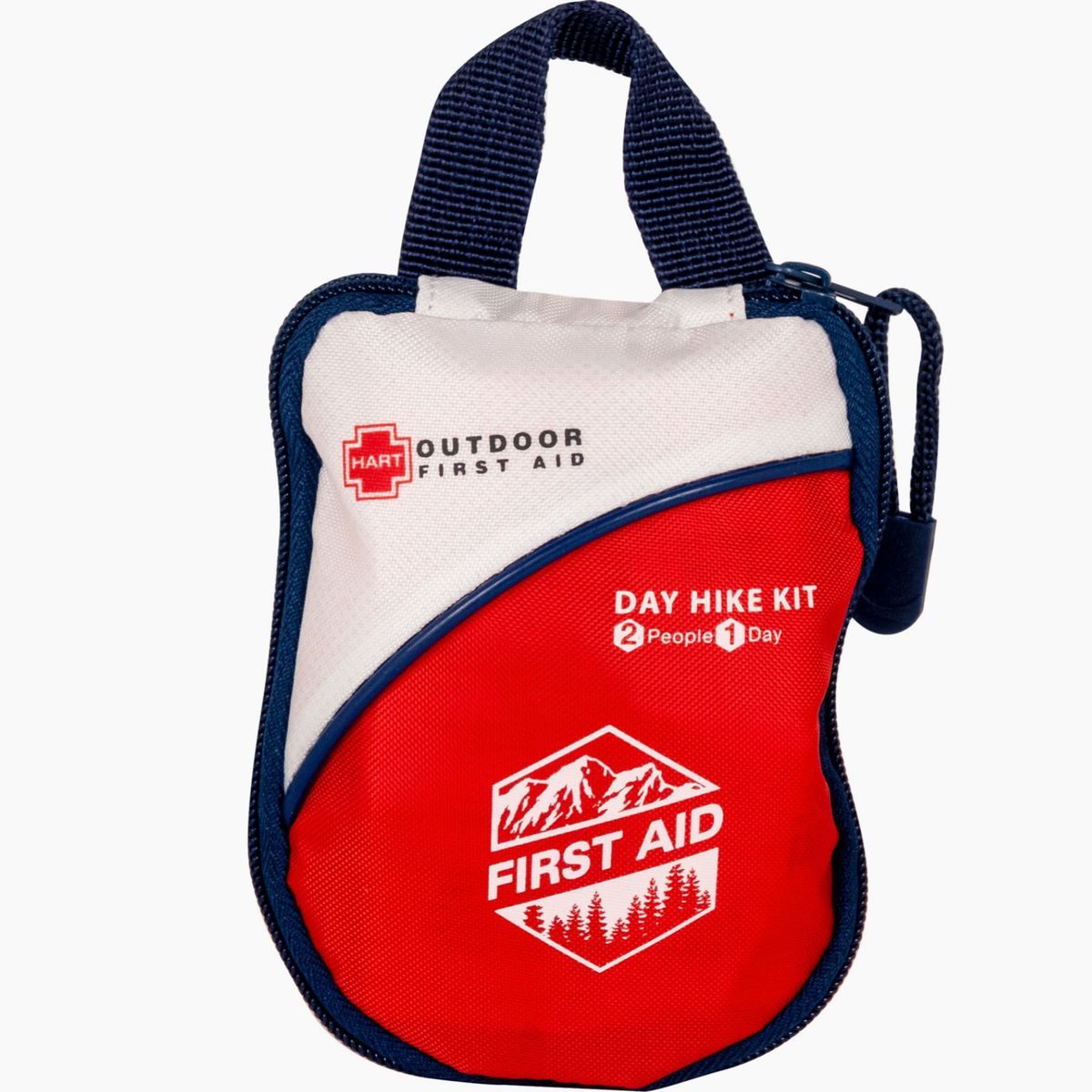
HART Outdoor Day Hike First-Aid Kit
A first aid kit is a must. While there are bigger ones out there, a small basic one should do the job for day hikes alone. Hart also shares that her Wilderness First Aid training has completely changed her perspective on hiking and allowed her to feel way more confident outdoors.
$15 at REI
Our experts:
[ad_2]
Brooke LaMantia , 2024-04-19 22:59:08
Source link

